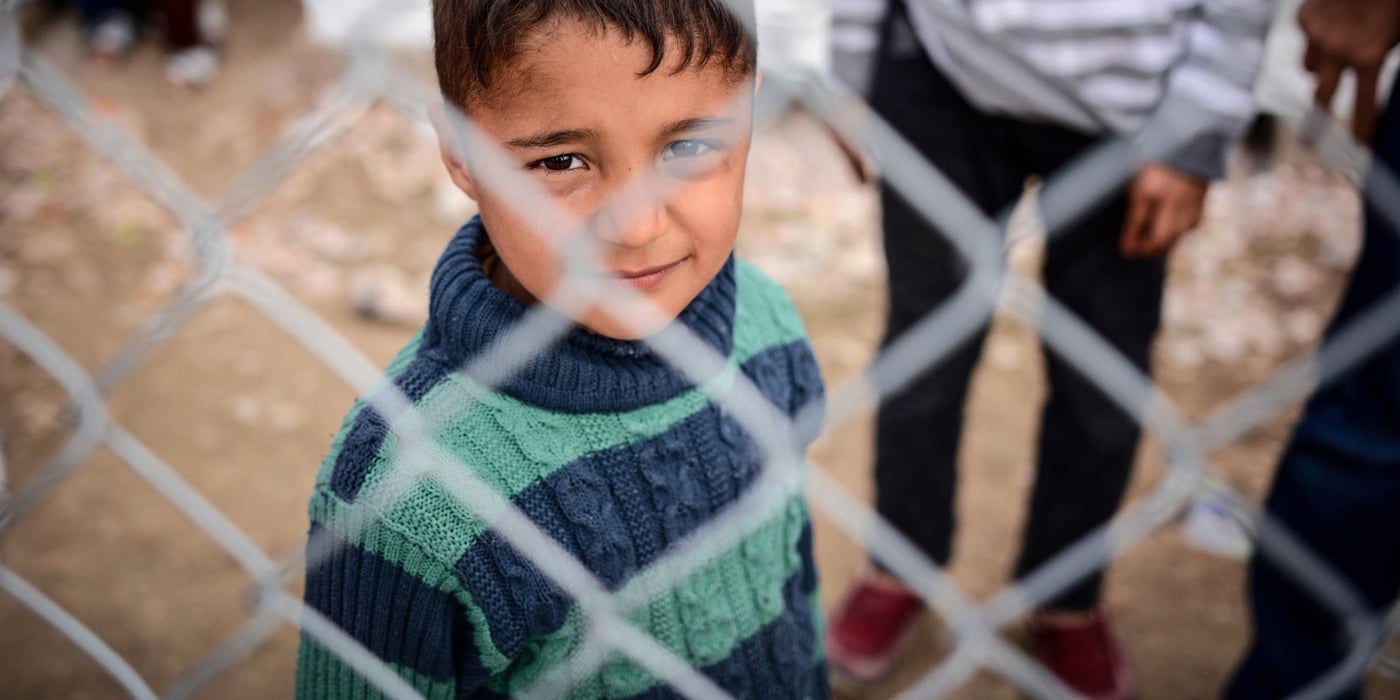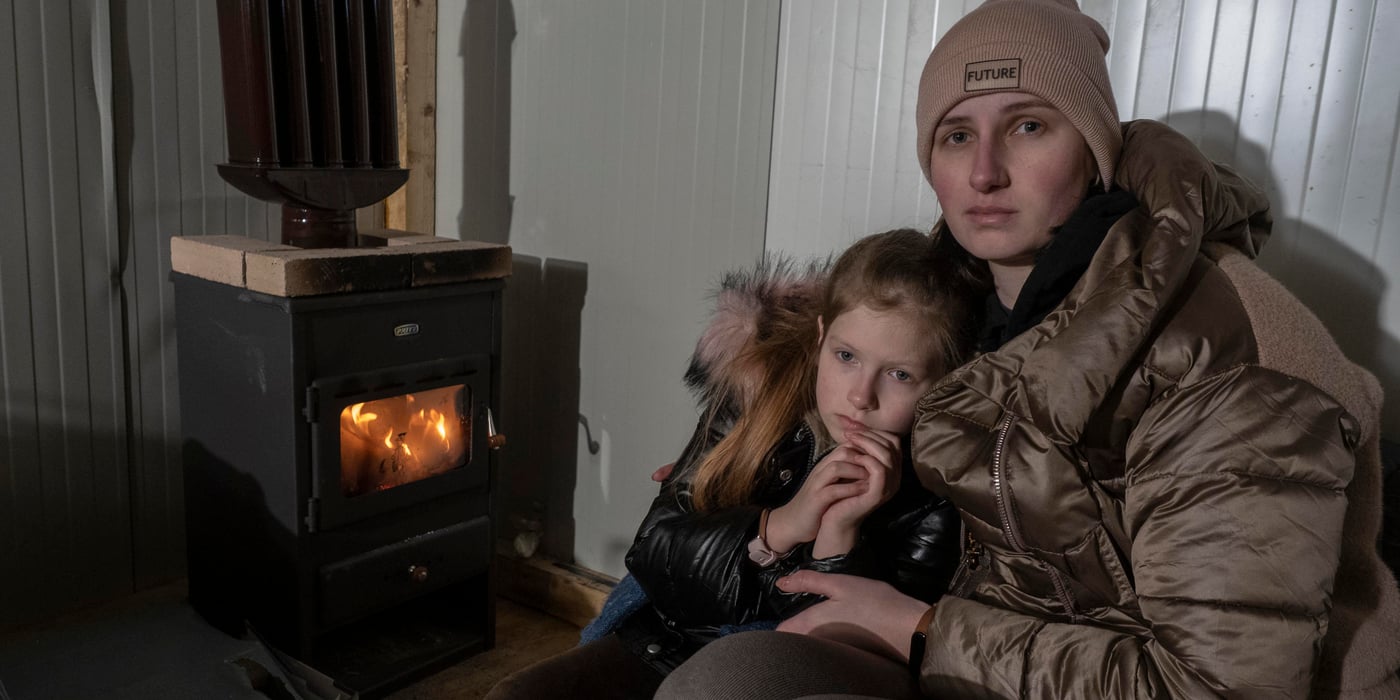
1. The rights of the refugees are in jeopardy
According to the EU-Turkey deal, refugees and migrants arriving in Greece from Turkey since 20 March will be sent back. 4 April Greece started returning people to Turkey.
The EU promised that asylum applications would be treated on a case-by-case basis. But at least thirteen people returned to Turkey so far may not have had chance to claim for asylum, according to the UN Refugee Agency (UNHCR). If this is proven, it is a breach of international law.
Furthermore, although Turkey is a signatory of the Refugee Convention, it has a geographical limitation to European citizens. This means that not all refugees´ rights are guaranteed.
“Europe gave birth to the Refugee Convention when our own forefathers were displaced by war. Now Europe risks becoming the same convention’s burial agent. No people should be returned to Turkey before necessary safeguards are in place – and all people who seek asylum in Greece must be secured a fair, individual process” argues NRC’s Secretary General Jan Egeland.
See here for more information about the Refugee Convention and “safe third countries”.
2. Greece does not have the capacity to ensure fair asylum hearings
The EU-Turkey deal promises that all people arriving in Greece will have a fair asylum hearing. But the implementation of the deal has been so rushed that it did not provide Greece time to put enough staff on the ground to process these claims. The promised support from other EU countries has also been too slow.
Currently there are for example only one case worker able to undertake asylum hearings at Chios – an island hosting about 1700 refugees and migrants. Even if more staff are deployed, the quality of the asylum process may be compromised if it is rushed through – after pressure from the EU to have a “fast track” asylum procedure.
3. Asylum seekers are kept in detention
Refugees and migrants on the Greek islands are now being forced to stay in closed camps, while they wait to seek asylum or face being returned to Turkey. Innocent children are among the people detained in the overcrowded detention facilities.
The Greek authorities should immediately register arrivals and note their intention to apply for asylum or not. All asylum seekers should then have their case dealt with in open facilities that provide security and decent standard of living.
To avoid being complicit in keeping asylum seekers detained against their will, NRC has suspended several activities at the closed camp at Chios.
“We cannot support the running of enforced detention facilities, but we are ready to assist if the authorities agree to open the camps,” argues Secretary General Jan Egeland.
4. Europe is not taking its fair share of responsibility
Europe needs to provide asylum seekers with better alternatives if it really wants to discourage people in need of protection from embarking on dangerous journeys across the Mediterranean, and being left to the mercy of smugglers. Europe should support resettling the most vulnerable refugees, expanding family reunification options and increasing the availability of scholarships.
Over 4.8 million Syrians have fled to neighbouring countries for safety. At least 10 per cent of them urgently need resettlement to a third country. Despite the immense needs, Europe has only pledged to receive a very limited number of people for resettlement.
5. The deal may push people towards more dangerous routes
As long as conflicts persist in countries such as Syria, Iraq and Afghanistan, people will continue to flee in search of safety. Closing the Greece route to Europe may result in families seeking more dangerous routes to reach Europe, including from Libya to Italy or across the Black Sea.
The EU-Turkey deal may therefore end up putting refugees and migrants at increased risk. Last year 806 people died crossing the Mediterranean from Turkey to Greece. But over three times as many died crossing the sea from Northern Africa to Italy, even though the total number of people crossing was much smaller.


